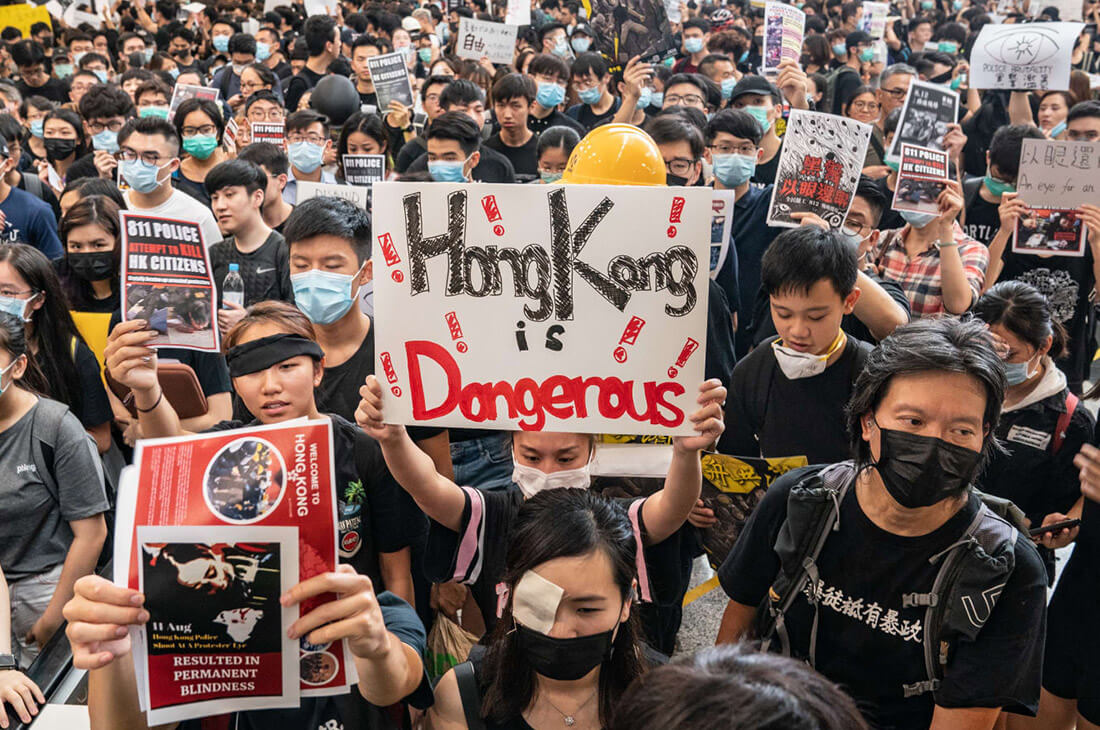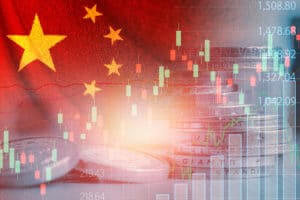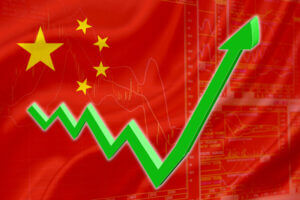The last six months have been quite rough for Hong Kong, as it has experienced widespread protests. The city is a global financial and business heart that connects China to the rest of the Western world. Hong Kong used to be a former British colony and used to serve as a center of international trade. However, on July 1, 1997, Hong Kong became a Special Administrative Region of the People’s republic of China.
The protests, which later morphed into a broad anti-governmental demonstration, started after the Chinese government proposed a new law that would have allowed extradition to the mainland.
Economic Recession and a decline in retail sales
The protests in Hong Kong have affected the economy and have sent it into the first recession of the decade. Hong Kong’s annual gross domestic product fell by 2.25% in 2019 and 5.8% in 2020. The recession could, unfortunately, still get worse.
The commotion has affected retail sales, which have now fallen, as consumers started holding themselves back from spending during the time of protest. Private consumption contributes to around 65% of Hong Kong’s GDP. Much earlier in 2019, when the global economic outlook turned quite bleak, Hong Kong consumers started to refrain from excessive spending and became more cautious about their finances.
Unfortunately, tourism started to decline, contributing to the city’s economic troubles. Visitors from mainland China account for close to 80% of the tourists in the country. This number fell by around 4.45% between January to October in 2019 compared to the same period in 2018.
Stock Market rising
Regardless of all the chaos in China, Hong Kong’s benchmark stock index has ended 201 higher than at the beginning of the last year. Thus, Hong Kong is likely to retain its top market position for new stock listings on an international level.














